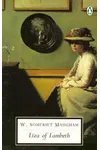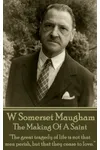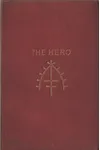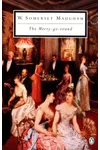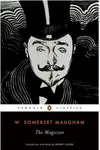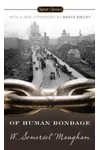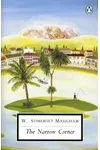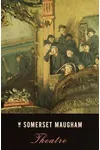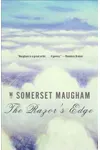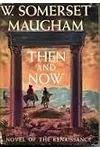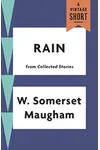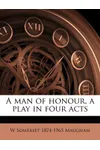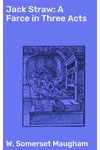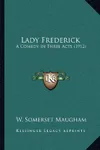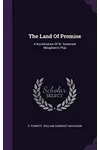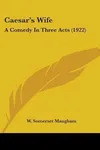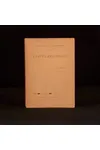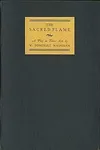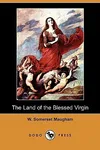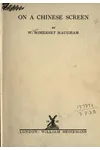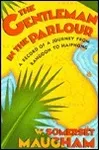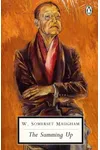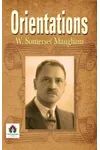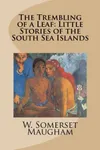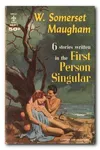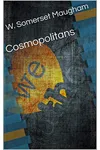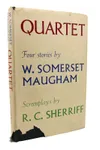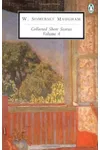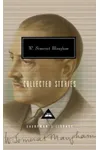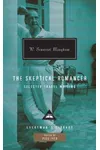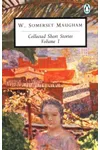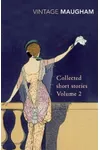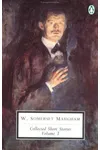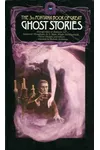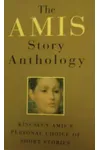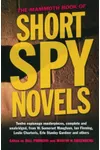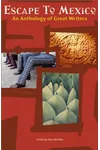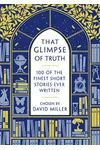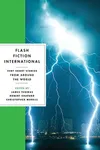Picture a British storyteller who wove tales of love, betrayal, and the search for meaning—meet W. Somerset Maugham! Born in Paris in 1874, Maugham’s razor-sharp wit and keen observations of human nature made him one of the 20th century’s most celebrated authors. From the haunting Of Human Bondage to the spiritual quest of The Razor’s Edge, his works continue to captivate readers worldwide.
Maugham’s life was as colorful as his stories. A trained doctor, a World War I spy, and a globetrotter, he drew from his eclectic experiences to craft narratives that feel both intimate and universal. Let’s dive into the world of W. Somerset Maugham and discover why his stories still resonate.
The Making of W. Somerset Maugham
Born to British parents in Paris, William Somerset Maugham faced early tragedy when he was orphaned by age 10. Raised in England by a strict uncle, he found solace in books, nurturing his love for storytelling. After studying medicine at St. Thomas’s Hospital in London, Maugham practiced briefly but abandoned it for writing. His first novel, Liza of Lambeth (1897), a gritty tale of London’s slums, marked his debut and hinted at his knack for vivid, unflinching prose.
Maugham’s time as a doctor and his travels across Europe and Asia shaped his worldview. During World War I, he served as a spy, gathering intelligence in Russia and Switzerland—an experience that fueled his knack for complex characters and moral ambiguity. These early adventures laid the foundation for his literary career.
W. Somerset Maugham’s Unforgettable Stories
Maugham’s novels and short stories are masterclasses in clarity and emotional depth. His most famous work, Of Human Bondage (1915), is a semi-autobiographical novel following Philip Carey’s struggles with love, ambition, and self-discovery. Its raw honesty and exploration of human flaws make it a timeless classic.
The Razor’s Edge (1944) tackles spirituality, as Larry Darrell seeks meaning after World War I. Its philosophical depth and accessible prose struck a chord with readers, cementing Maugham’s versatility. His short story collection The Trembling of a Leaf (1921), including the iconic ‘Rain,’ showcases his ability to distill human desires into compact, powerful tales. Maugham’s style—crisp, witty, and unflinching—blends realism with a touch of cynicism, making his characters feel like people you might meet.
His plays, like The Circle (1921), also won acclaim for their sharp dialogue and social commentary. Whether writing novels, stories, or dramas, Maugham had a gift for exposing the contradictions of human nature with both humor and compassion.
Why W. Somerset Maugham Matters
Maugham’s influence endures because his stories transcend time. His exploration of universal themes—love, freedom, and the quest for purpose—resonates across cultures. Translated into dozens of languages, his works have inspired films, TV adaptations, and countless writers. His ability to blend highbrow ideas with accessible storytelling made him a literary giant in his era and a beloved figure today.
Beyond his books, Maugham’s life as a gay man in a less accepting time, though often private, added layers to his nuanced portrayals of outsiders. His legacy lies in his courage to probe the human condition, inviting readers to reflect on their own lives.
- Born: January 25, 1874, Paris, France
- Died: December 16, 1965, Nice, France
- Key Works: Of Human Bondage, The Razor’s Edge, The Trembling of a Leaf
- Notable Fact: Maugham was one of the highest-paid authors of the 1930s.
Snag Of Human Bondage or The Razor’s Edge and dive into W. Somerset Maugham’s brilliant world of wit and wisdom!
